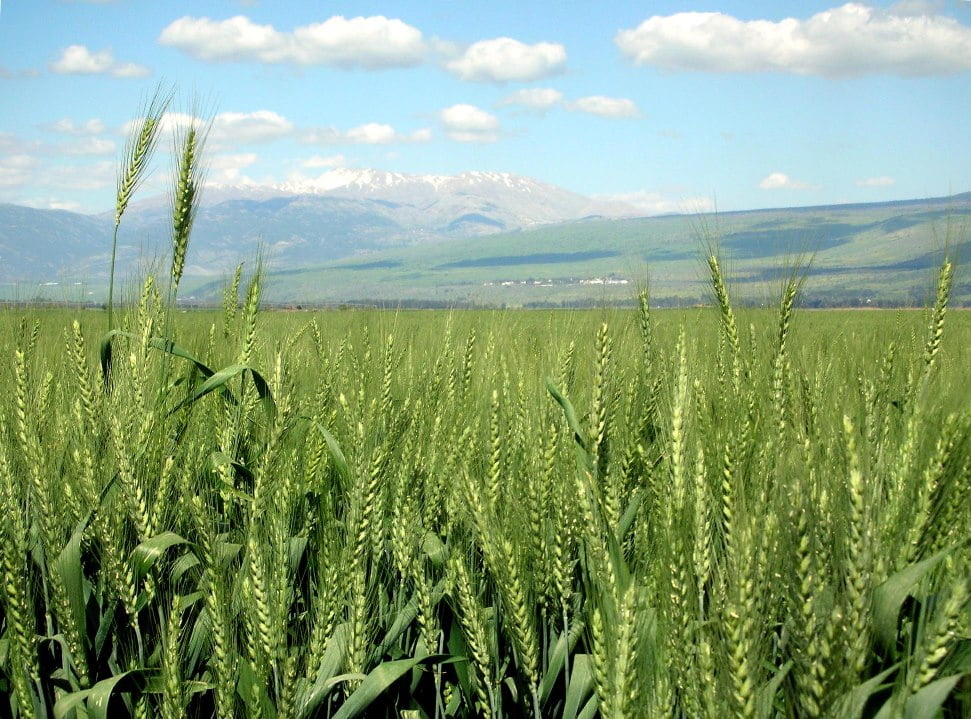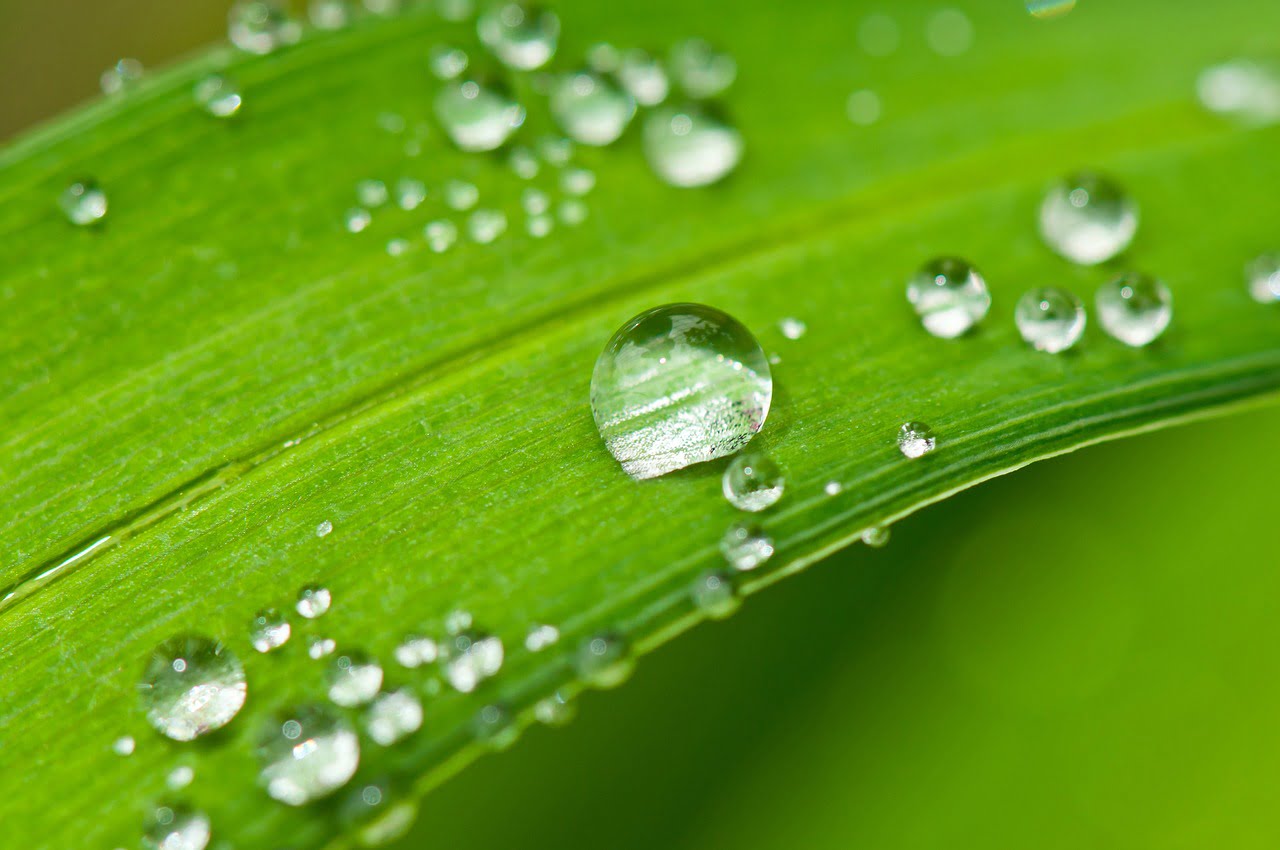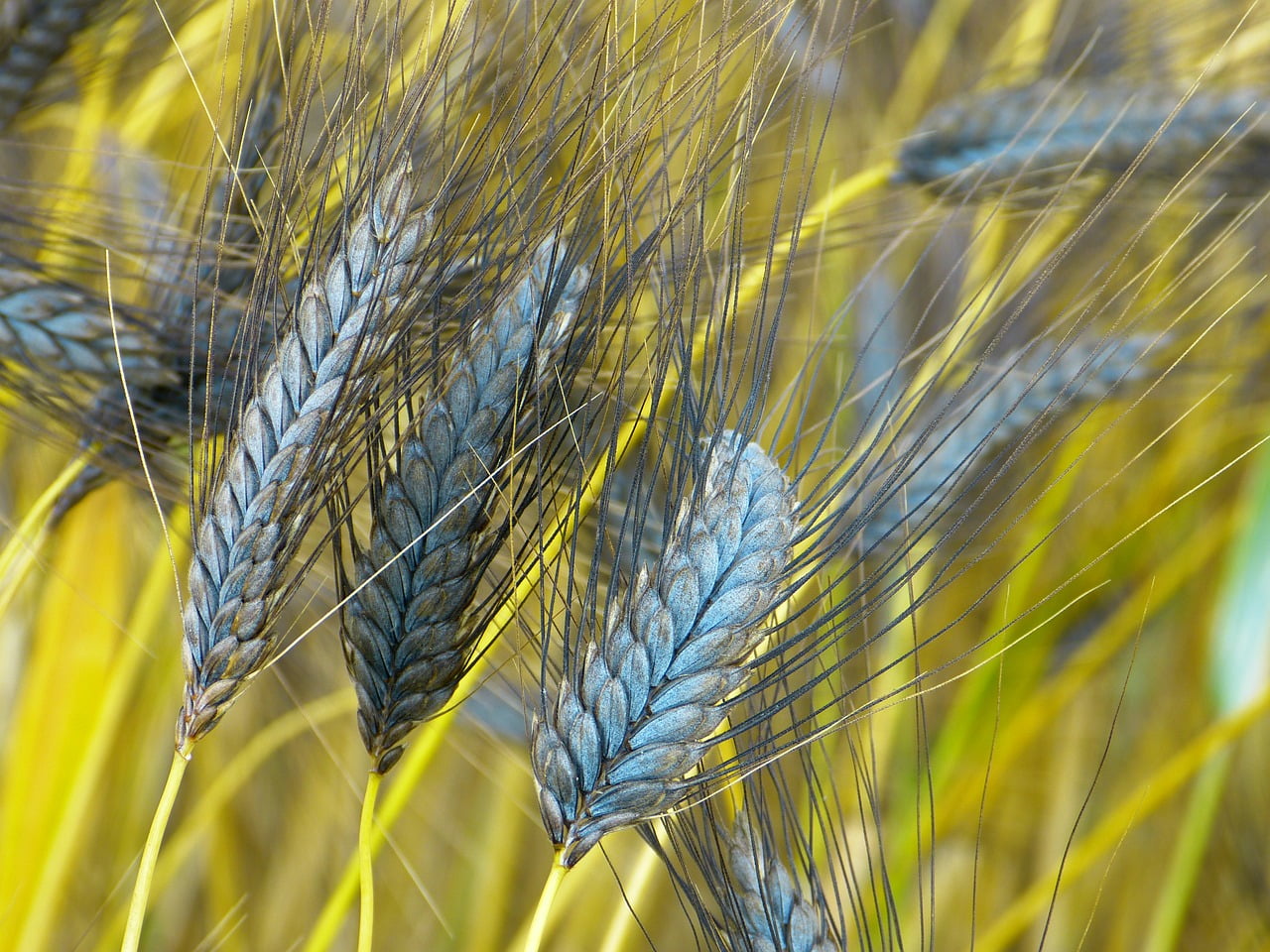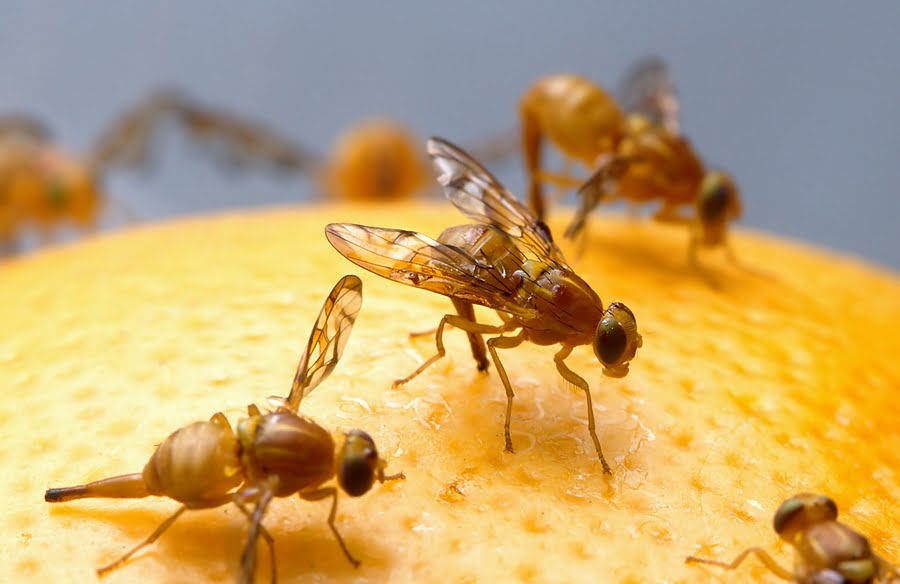The escalating global food crisis might soon mean that increasing yields and sowing more crops may simply no longer meet the demand for nourishment. By 2050, it is estimated that the world will need to produce at least 50 percent more food to feed its 9 billion people. However, due to global warming, crop yields could drop by 25 percent, according to the World Bank.
SEE ALSO: ‘The Waze of Agriculture’ Aids Farmers With Crowdsourced Data
In the face of world hunger, some Israeli companies are working hard to put a halt to world hunger and agflation – the rising food prices caused by increased demand for agricultural commodities. Since the 1950s, Israelis have found innovative ways to feed the world and grow crops in their very own desert. NoCamels highlights five major Israeli technologies that could end world hunger.
Tal-Ya
While water scarcity has plagued desert countries for decades, it is no longer an inevitable concern for Israel’s desert thanks to technologies like Tal-Ya Agriculture Solutions. The Israeli firm has developed technologies designed to grow more food with less water.
Among the company’s technologies are: Reusable plastic trays that capture dew from the air, reducing the water needed by crops by 50 percent. The square tray, which costs $3-$5 per piece, is made of recycled plastic. The innovative trays work by surrounding each plant, collecting dew as the weather changes overnight, and funneling it to plants and tree crops. The trays, which are supposed to last for 10 years, also block weeds that would otherwise compete with crops for water.
SEE ALSO: Israeli Desalination Technology Helps Solve California’s Drought
Since its inception in 2005, Tal-Ya (which means ‘God’s dew’ in Hebrew) has served farmers in Israel, the US, China, Chile, Georgia, Sri Lanka and Australia.
GrainPro
In poor countries where agricultural resources are scarce, mold and insects can easily destroy harvests, especially amid extreme heat and humidity. The GrainPro Cocoon, created by Hebrew University alum Professor Shlomo Navarro, solves that problem. The Cocoon is a giant storage bag that safeguards crops by keeping out hungry bugs.
The material used to protect crops is specifically designed for open desert conditions, in areas with harsh weather conditions such as Africa and South America, where there is a shortage of storage facilities to protect harvests.
Nowadays, the storage bags are not only used in the Middle East but all over the world. Since the Cocoon’s inception in 2011, Navarro’s creation is now owned and sold by American company GrainPro.
Sign up for our free weekly newsletter
SubscribeNRGene
Can you imagine growing limitless amounts of wheat amid extreme climates such as drought or heat? The Israeli firm NR Gene, based in Ness Ziona, has already checked that off its list. The genomic data startup recently mapped the complete emmer wheat genome in one month, which is now expected to allow scientists to breed seeds with higher yields and stronger disease resistance.
Now, “we can get higher yields, better grain quality and nutritional value, and plants that are resistant to diseases and better adapted to their growing environments,” NRGene‘s lead researcher Dr. Assaf Distelfeld said in a statement. “Sequencing the wild wheat genome will advance wheat research and facilitate the genetic identification necessary for continuing wheat improvement.”
The emmer wheat genome map was a collaborative project led by researchers from various universities in Israel and abroad.
Bio Bee
A pioneer in organic agriculture, Kibbutz Sde Eliyahu has successfully left its mark on chemical-free farming with its very own company Bio Bee. The firm, which was established in 1984, specializes in breeding beneficial insects and mites to help propel agricultural growth in open fields and greenhouses.
Through its subsidiary Bio Fly, the company sells pollinating bumblebees and sterile male Mediterranean fruit flies to help control pests. This well-established firm already exports eight different species of biological control agent to 30 nations, including the US, Japan and Chile.
The idea behind the system is to achieve a balance between the pest population and their natural enemies. If this balance is achieved, the spraying of pesticides can be reduced to a minimum, and agricultural produce can safely be collected without fear of chemical residues. Bio Fly is a collaborative effort by Israeli, Jordanian and Palestinian agricultural experts.
AKOL
Israeli software house Agricultural Knowledge On-Line (AKOL), founded in 1978, specializes in helping producers grow fruits and vegetables, raise poultry and dairy cows, manage vineyards, and even make olive oil. The AKOL online forum, which is owned by Kibbutz Bror Hayil in Southern Israel, advises farmers on what time of year is best to plant and harvest, how to cope with drought, how to track growth of livestock, among many other questions and concerns when running a modern farm.
In 2011, the firm signed a development agreement with computer giant IBM to be hosted on its “cloud.” Most recently, AKOL announced it would lunch an “agricultural cloud” in China, after signing an agreement with its government earlier this year.
Related posts

Resilient And Nutritious New Plant-Based Milk Aims To Make A Splash

Chocolate From Cultivated Cocoa Comes Without Environmental Toll

Plastic Fantastic: Startup Takes PVC Back To Its Crude Oil Roots








Facebook comments